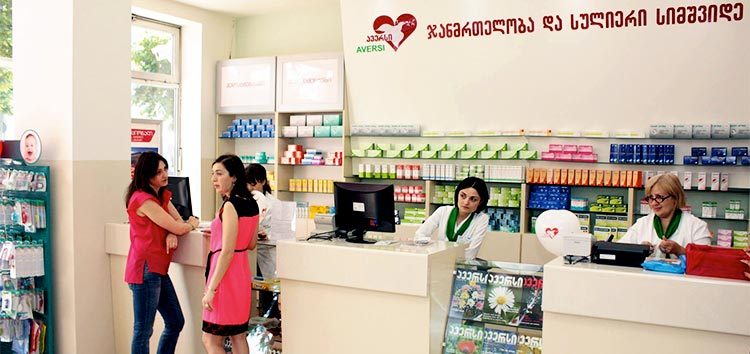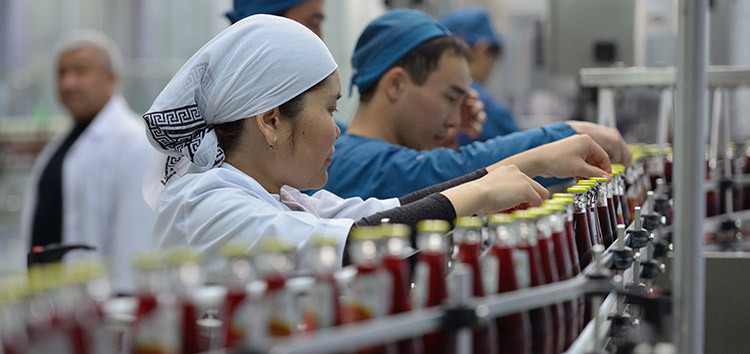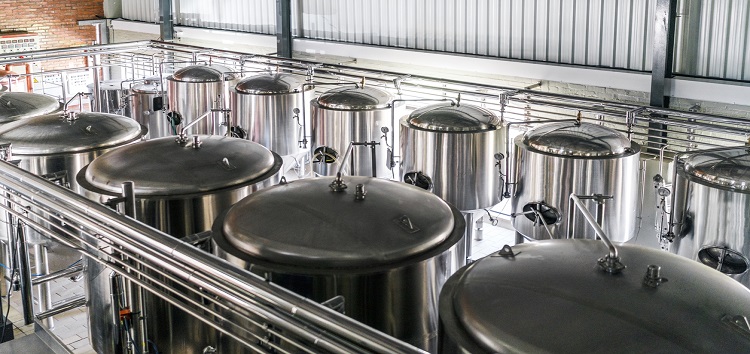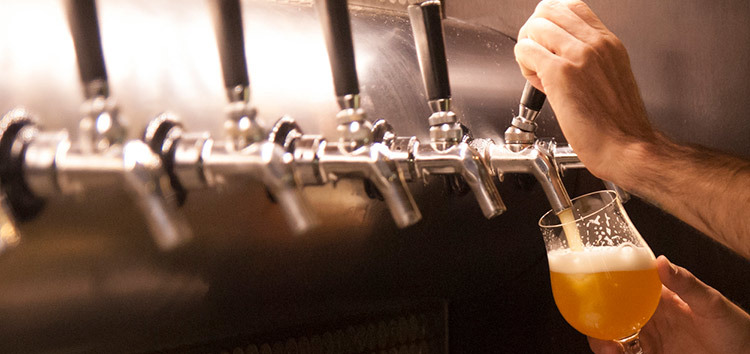Georgia’s Aversi Pharma invests in state-of-the-art green medical facilities

Leading Georgian health care provider operates 229 pharmacies and 22 hospitals
Founded in 1994 as a private family-run pharmaceutical distribution business, Aversi Pharma has gradually become a leading player in the Georgian health care market. Today, it operates 229 pharmacies and 22 hospitals and clinics, reaching out to remote regions of the country.
Aversi arrived at a turning point in 2014 when the family decided to seek external financing for expansion. In the EBRD they found the partner they were looking for – not only in terms of finance but also through the Bank’s FINTECC (Finance and Technology Transfer Centre for Climate Change) programme (see below).
Since then the EBRD has financed two projects with Aversi that included the construction of three new medical treatment centres, refurbishment of a hospital and acquisition of new medical equipment with a total loan value of US$ 12.7 million.
The first project (2014-16) supported the refurbishment of an infectious diseases hospital in the capital Tbilisi and the construction of a new children’s clinic in Marneuli in southern Georgia. Finished in 2016, the modernised hospital with a capacity of 16,000 inpatient and 20,000 outpatient visits per year was successfully launched.
“It is great to see hope in the faces of people on my regular visits to our renovated hospital,” says Irakli Ksovreli, Chief Investment Officer of Aversi Pharma. “We not only offer hope, we also deliver results: patients can receive proper treatment and recover more quickly. This is the greatest thing for the company and a personal accomplishment for me – to give something really important back to society, namely health.”
The second project (2016-18) involves the construction of an advanced oncology centre in Tbilisi and a general outpatient clinic in the city of Telavi in eastern Georgia, as well as the purchase of advanced medical equipment.
The purpose is to expand services in oncology with cutting-edge medical equipment, including linear accelerators, computed tomography and a cyclotron. The centre offers affordable diagnostics to patients who would otherwise have to travel abroad as many of these services are currently unavailable in Georgia. Those services will be largely covered by the Georgian state programme of universal health care.
In addition to the almost US$ 13 million invested in these projects, an incentive grant of US$ 245,000 for the installation of energy efficient technologies in Aversi’s hospitals and clinics was financed through the EBRD’s FINTECC programme – supported by the Global Environment Facility and the European Union. FINTECC is part of a global drive towards climate technology transfer for developing countries and countries in transition.
The programme helps companies in participating EBRD countries to implement “climate technologies”. These include technologies for energy efficiency, renewable energy, water efficiency and materials efficiency. Climate technologies reduce greenhouse gas emissions, and/or lead to increased climate resilience.
As a result of its expansion programme, Aversi, one of the largest employers in Georgia with over 8,000 full-time workers, is also expected to create new jobs.
A new look at energy efficiency
Within both projects, the FINTECC grant finances the acquisition and installation of energy efficient and innovative technologies not yet widely available locally: double-glazed windows, high-efficiency chillers and boilers as well as LED lighting and light control. Thanks to these technologies, Aversi is set to achieve at least 25 per cent of energy savings and 530 tonnes of CO2 savings per year.
According to Irakli Ksovreli, the energy efficiency component of the programme was the biggest challenge, but also a key innovation as it brought about a major shift in views within the company. “Previously, hospital directors or people in charge of construction were trying to get the most affordable technologies, which resulted in high maintenance and repair costs,” he explains.
“Thanks to our collaboration with the EBRD we had the opportunity to hire a consultancy company which advised us how to improve our processes and to invest in advanced energy efficiency technologies, leading to cost savings and a better reputation in terms of energy savings and environmental impact”.


